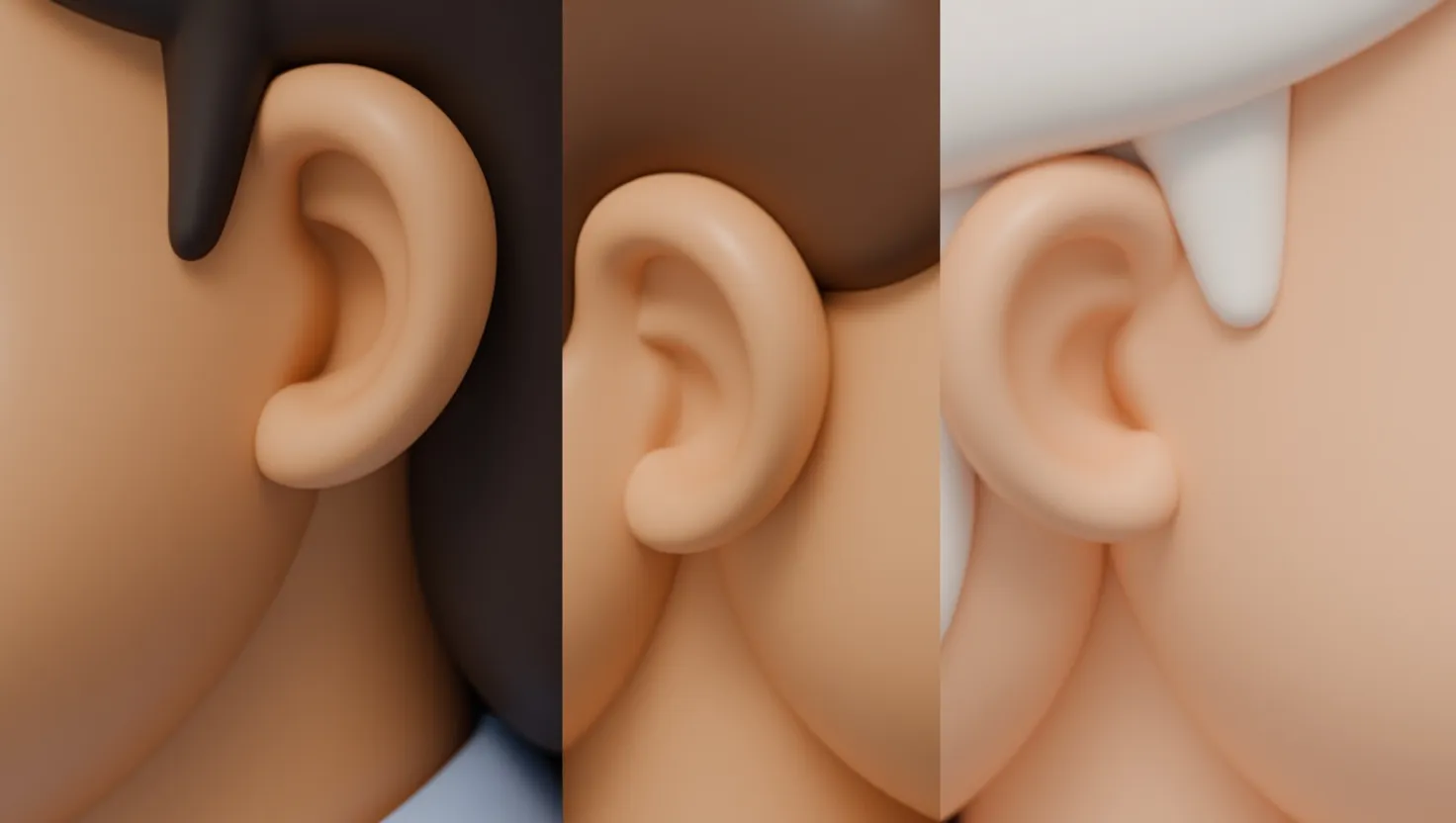What Is Ear Drainage (Otorrhea)?
Ear drainage, known medically as otorrhea, refers to any fluid or discharge that comes out of the ear. This symptom can arise from a variety of causes and may differ widely depending on the individual and the underlying problem. For example, the fluid might be clear and watery in some cases, while in others it could be thick, yellowish, green, or even tinged with blood. Though ear drainage can be alarming, it often signals that the ear is responding to irritation or infection and attempting to clear itself.
What Is Ear Drainage (Otorrhea)?
Simply put, ear drainage means any type of fluid leaking from the ear canal, which is the passage leading from the outer ear to the eardrum. This fluid can range from clear liquid to pus or blood. While the presence of discharge might seem worrisome, it often plays a role in the healing process. When the ear becomes infected or injured, the body sometimes produces fluid as a way to flush out bacteria or damaged tissue.
For instance, a child with a middle ear infection may have yellowish pus draining out after the eardrum has ruptured to relieve pressure. Conversely, someone with swimmer’s ear might have a clear, watery drainage caused by trapped moisture irritating the ear canal skin. In either scenario, the fluid is a sign that the body is responding to an issue within the ear.
Common Causes of Ear Drainage (For Informational Purposes Only)
Ear drainage can stem from several underlying conditions, including:
- Ear infections: Both middle ear infections (otitis media) and outer ear infections (otitis externa) are common causes. Infections lead to fluid buildup, which can fill the ear space and sometimes leak out if the eardrum ruptures or if the outer canal becomes inflamed.
- Swimmer’s ear (otitis externa): This condition occurs when water becomes trapped in the ear, often after swimming or bathing. The trapped moisture irritates the skin of the ear canal, leading to swelling, itching, and sometimes drainage.
- Ear injury: Scratches, abrasions, or blunt trauma to the ear canal can cause inflammation and fluid discharge. For example, using cotton swabs aggressively can damage the delicate skin and trigger drainage.
- Foreign objects: Occasionally, small objects—especially in children—may become lodged in the ear canal, causing irritation and subsequent fluid leakage.
- Ear surgery or tubes: Patients who have undergone ear surgeries or have tympanostomy tubes (ear tubes) inserted may experience temporary drainage as part of the healing process or when infections occur.
Note: This information is meant for educational purposes only and does not replace the advice of a qualified healthcare professional.
When to See a Doctor
Most cases of ear drainage warrant a professional evaluation, especially if any of the following occur:
- Drainage lasting more than a few days or recurring frequently
- Severe, persistent ear pain that worsens over time
- Hearing loss or muffled hearing that affects daily function
- Bleeding from the ear canal or evident bloody drainage
- Fever occurring in conjunction with ear drainage
Ignoring these signs could lead to complications such as worsening infection, damage to ear structures, or chronic hearing problems. It is recommended to consult a healthcare provider promptly if any of these symptoms are present. Early intervention can help prevent more serious issues.
How Ear Drainage Can Affect Daily Life
Ongoing ear drainage, even when not painful, can have a significant impact on day-to-day living, including:
- Wearing headphones or hearing aids: Fluid in the ear canal may cause discomfort or interfere with the proper functioning of devices like earbuds or hearing aids, leading to frustration or inconsistent sound quality.
- Communication: Hearing challenges from drainage-related hearing loss can make conversations difficult. Additionally, the presence of noticeable drainage or odor might cause embarrassment or self-consciousness, leading to social withdrawal.
- Work focus: Persistent ear discomfort or the need to manage drainage can distract from tasks and reduce productivity.
- Self-confidence: Visible discharge or the smell from drainage may cause people to feel uneasy in social or professional settings.
Acknowledging these challenges may help those affected to seek support and communicate their needs more effectively.
Research Insights on Ear Drainage
Ear infections that cause drainage are especially common among children. According to the Centers for Disease Control and Prevention (CDC), millions of children worldwide experience acute or chronic ear infections annually. These infections are a leading cause of pediatric healthcare visits and sometimes require antibiotics or surgical interventions like ear tube placement.
Studies show that timely treatment of ear drainage-related infections can significantly reduce the risk of permanent hearing loss or chronic ear disease. In adults, ear drainage might indicate underlying issues such as chronic otitis externa or other conditions, making professional assessment important.
A study published in the Journal of Otolaryngology found that children treated promptly for ear drainage experienced faster recovery and fewer complications, underscoring the importance of timely care.
---
Ready to breathe easier?
Schedule your visit at Sleep and Sinus Centers today—online or call (678) 689-1100 to book an appointment.
---
This article is for educational purposes only and is not medical advice. Please consult a qualified healthcare provider for diagnosis and treatment.
Don’t let allergies slow you down. Schedule a comprehensive ENT and allergy evaluation at Sleep and Sinus Centers of Georgia. We’re here to find your triggers and guide you toward lasting relief.








